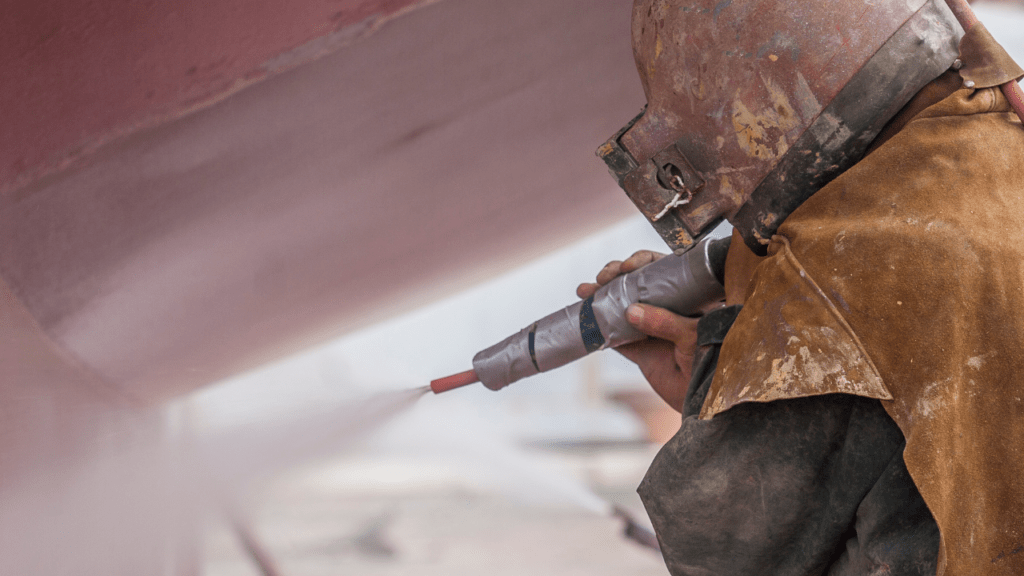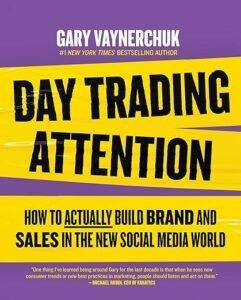When it comes to sandblasting, whether you’re restoring an old building, prepping surfaces for painting, or removing rust, you need a contractor who knows their stuff. But here’s the kicker: not every contractor out there is playing by the rules. Some may offer you a tempting low price, but if they’re unlicensed, you’re taking a huge risk. Sandblasting is a precise and powerful process, and when it’s done wrong, the consequences can be costly, dangerous, and legally complicated.
Let’s dive into the hidden dangers of hiring an unlicensed sandblasting contractor, why legalities matter, and how choosing a licensed professional can save you from a world of trouble. Your property is one of your biggest investments—don’t leave it in the hands of someone who isn’t qualified or legally authorized to do the job.
1. The Importance of Licensing: It’s About Safety, Quality, and Accountability
Licensing isn’t just about a contractor having a piece of paper to show off. It’s a critical factor that ensures they have the knowledge, skills, and ethical standards to perform the job correctly and safely. Here’s why a licensed sandblasting contractor is your best bet:
a) Regulatory Compliance
Licensed contractors are required to follow state and city regulations that govern how sandblasting work should be performed. These regulations are put in place to ensure safety, quality, and environmental protection. An unlicensed contractor, however, might bypass these regulations, leading to substandard work that could damage your property or pose health risks.
b) Insurance Coverage
One of the biggest red flags with unlicensed contractors is their lack of proper insurance. Licensed contractors typically carry general liability insurance and workers’ compensation, which protect you in case something goes wrong. Without these safeguards, you could be left on the hook for any damages or injuries that occur during the project.
c) Proven Expertise
To obtain a license, contractors must pass exams and prove their expertise in their trade. This means they have the training and experience to handle complex projects, use the right materials, and follow the proper procedures. An unlicensed contractor may lack this expertise, increasing the risk of mistakes that could end up costing you a lot more in the long run.
2. The Risks of Hiring an Unlicensed Sandblasting Contractor: What Could Go Wrong?
The lure of a cheaper price might tempt you to hire an unlicensed contractor, but the risks far outweigh the savings. Here’s what could go wrong:
a) Subpar Workmanship
Sandblasting is a specialized technique that requires precision and the right equipment. If done incorrectly, it can cause more harm than good. Here’s how poor workmanship can impact your project:
- Surface Damage: Unlicensed contractors may use outdated or inappropriate equipment, leading to overblasting that can damage the surface rather than clean it. This can result in weakened structures, unsightly finishes, or even the need for costly repairs.
- Incomplete or Inadequate Preparation: Proper surface preparation is key to successful sandblasting. Unlicensed contractors might cut corners, leaving surfaces inadequately prepped, which can compromise the quality of any subsequent coatings or finishes.
- Environmental Hazards: Sandblasting generates a lot of dust and debris, which can be hazardous if not properly contained. Unlicensed contractors might not follow the necessary safety protocols, putting you, your family, and the environment at risk.
b) Legal Liabilities
Hiring an unlicensed contractor isn’t just a bad idea—it can also land you in legal hot water. Here’s how:
- Building Code Violations: Licensed contractors are required to comply with local building codes, which dictate how sandblasting should be done. If an unlicensed contractor violates these codes, you could face fines, penalties, and be required to pay for corrections.
- Liability for Injuries: If a worker is injured on your property and the contractor is unlicensed and uninsured, you could be held liable for their medical expenses and lost wages. This could lead to lawsuits and significant financial losses.
- Voided Insurance Claims: If your property is damaged during the project, your homeowner’s insurance may refuse to cover the repairs if the work was done by an unlicensed contractor. This leaves you with the full financial burden of fixing the damage.
- Illegal Practices: In some states and cities, it’s illegal to hire an unlicensed contractor for certain types of work. If you’re caught, you could face legal consequences, including fines and potential lawsuits.
c) No Recourse for Poor Work
When you hire a licensed contractor, you have some level of protection if things go wrong. You can file a complaint with the licensing board, and in some cases, you may even be eligible for compensation. With an unlicensed contractor, you’re on your own. If they botch the job or disappear with your money, you have little to no recourse.
3. Spotting the Right Contractor: What to Look For
Now that you understand the risks, it’s crucial to know how to find a contractor who’s not only licensed but also trustworthy and competent. Here’s what to check:
a) Verify Licensing and Insurance
Always ask for proof of licensing and insurance before hiring a contractor. Don’t just take their word for it—verify their credentials with your state’s licensing board. A reputable contractor will have no issue providing this information and will encourage you to verify it.
b) Experience and Reputation
Experience is key in sandblasting. Look for a contractor who has been in the business for several years and has a solid track record. Check online reviews, ask for references, and take the time to speak with past clients. A contractor with a strong reputation is less likely to cut corners or deliver subpar work.
c) Detailed Proposals
A trustworthy contractor will provide a detailed proposal that outlines the scope of work, materials to be used, timelines, and costs. This shows they’ve carefully considered your project and are committed to delivering quality results. Be wary of vague estimates or contractors who rush you into signing a contract without providing specifics.
d) Clear Communication
Communication is crucial in any project. A good contractor will be transparent, answer your questions, and keep you informed throughout the process. If they’re hard to reach, evasive, or unclear about their methods, consider it a red flag.
e) Written Contracts and Warranties
Never proceed without a written contract that includes all the details of the project. This should cover everything from the type of materials to be used to the expected completion date. Additionally, ask about warranties on the work. A reputable contractor will offer guarantees and stand by their work.
4. Why Licensing Matters at Both State and City Levels
You might wonder why it’s important for a contractor to be licensed not just at the state level, but also at the city level. Here’s why:
a) State-Level Licensing: Broad Expertise and Compliance
State-level licenses ensure that the contractor has a broad understanding of their trade and complies with statewide regulations. This is essential for ensuring that the contractor has the necessary skills and knowledge to perform the job safely and effectively.
b) City-Level Licensing: Local Knowledge and Codes
City-level licenses are equally important because they ensure that the contractor is familiar with local building codes and regulations. Each city may have its own specific requirements for sandblasting, and a contractor who is only licensed at the state level may not be fully compliant with these local rules. By hiring a contractor who is licensed at both levels, you can be confident that they have the expertise and knowledge to complete the job correctly, no matter where you’re located.
5. The Long-Term Benefits of Hiring a Licensed Sandblasting Contractor
Choosing a licensed contractor for your sandblasting project isn’t just about avoiding risks—it’s about reaping long-term benefits that can save you money and stress down the line. Here’s what you gain:
a) Quality Workmanship
Licensed contractors are held to higher standards of quality. They’re trained to use the best practices, the right equipment, and the proper techniques, ensuring that the job is done right the first time. This means fewer repairs, less maintenance, and a better overall finish that stands the test of time.
b) Safety Assurance
Sandblasting can be hazardous if not done correctly. Licensed contractors are required to follow safety protocols that protect you, your property, and the environment. This reduces the risk of accidents, injuries, and environmental damage.
c) Peace of Mind
Perhaps the most valuable benefit of hiring a licensed contractor is peace of mind. You’ll know that your contractor is accountable, insured, and backed by the state and local authorities. If something does go wrong, you have legal recourse to protect your investment.
d) Increased Property Value
Quality sandblasting work can significantly enhance the appearance and value of your property. Whether you’re restoring a historic building, prepping surfaces for a new paint job, or simply cleaning up rust and grime, the results of a well-done sandblasting job can make a big difference in curb appeal and overall property value.
Don’t Cut Corners—Hire the Right Contractor
When it comes to sandblasting, the stakes are too high to gamble on an unlicensed contractor. The risks—ranging from shoddy workmanship to legal liabilities—are simply not worth the few dollars you might save upfront. Instead, protect your property and your peace of mind by hiring a contractor who is licensed at both the state and city levels.
Remember, a licensed contractor is not just a safer bet—they’re also a smarter investment in the long-term health and value of your property. So before you sign on the dotted line, do your homework, verify credentials, and make sure you’re working with a true professional who can deliver the quality results you deserve.





